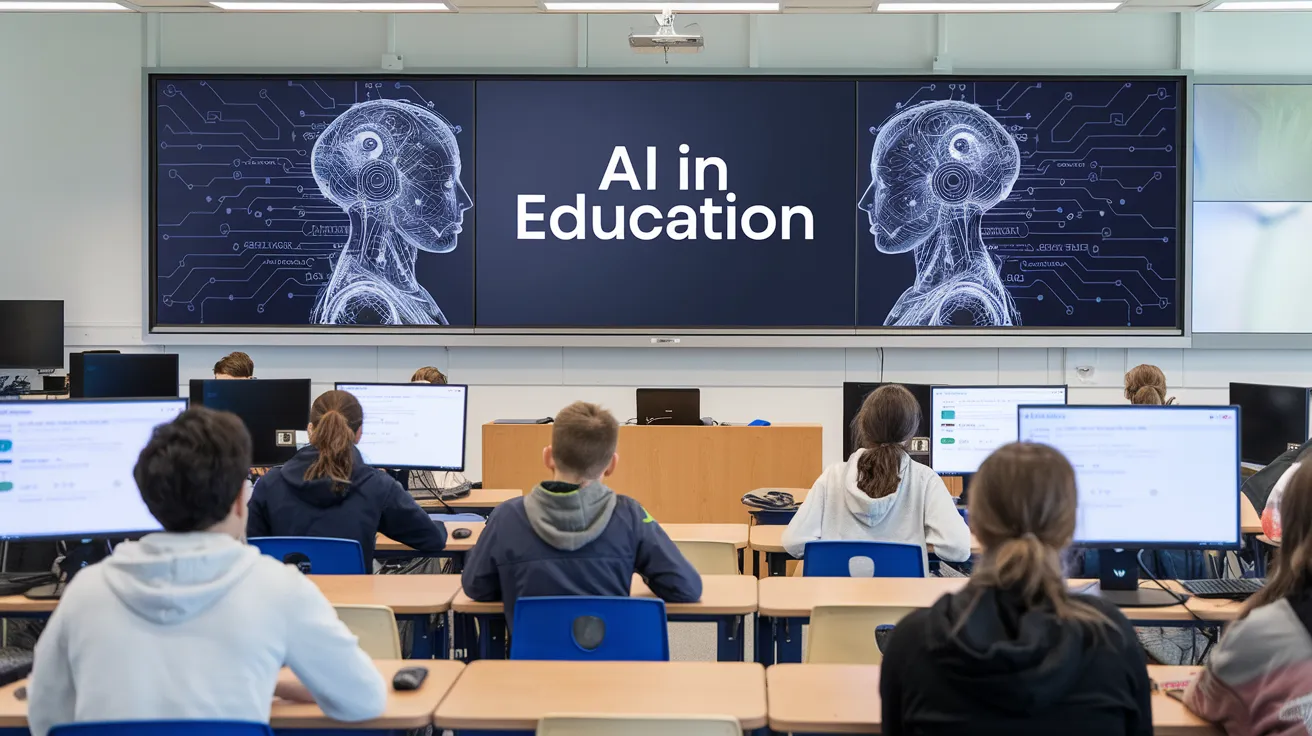Top AI Education Stories of 2024

As the year 2024 comes to a close, it is evident that artificial intelligence (AI) is now a present reality in the education sector. From AI-driven tutors and personalized learning tools to groundbreaking university programs, this year has demonstrated how AI is significantly transforming the way we teach, learn, and connect.
Here are the top AI stories of 2024, highlighting the innovative strides that are reshaping educational landscapes:
10. Rocket Learning’s AI Tutor for Early Education in India
In October, Rocket Learning made headlines by securing support from Google.org to introduce Saheli, an AI-powered tutor aimed at enhancing early education accessibility in India. Targeted at children aged 3 to 6, Saheli adapts to each learner’s pacing and needs, striving to prepare underserved children for school through interactive and personalized educational experiences. The initiative plans to reach 50 million children within the next five years.
9. Manda: The First AI Tutor for Secondary Students
Also in October, TLC LIVE launched Manda, an AI tutor powered by Meta’s Llama 3, designed to assist secondary students in mastering subjects like maths and English. Manda draws upon over 550,000 minutes of real tutoring sessions and is priced affordably at £10 per month, acting as a supplementary tool rather than a replacement for human tutors.
8. Multiverse Strengthens Leadership
In November, Multiverse enhanced its leadership team by appointing Baroness Martha Lane Fox and Jillian Gillespie, women with substantial experience poised to steer the company’s focus toward AI and tech-driven apprenticeships. This move aligns with Multiverse’s efforts to address the global skills gap and its launch of the UK’s first AI-focused apprenticeship program.
7. Udemy’s AI Tools for Enterprise Development
At number 7, Udemy launched a suite of AI-powered tools to bolster workforce development, featuring the Udemy AI Assistant and Skills Mapping. These innovations aim to guide learners to suitable courses while helping organizations identify critical skill gaps, delivering tailored learning solutions to its extensive enterprise customer base.
6. Nectir’s $6.3M Funding for Personalized Learning
Nectir raised $6.3 million in December to develop AI-powered learning assistants designed to personalize education and support both students and educators by addressing teacher shortages without replacing educators.
5. Buddy.ai Expands AI Tutoring Services
Buddy.ai secured $11 million in November to enhance its voice-based AI tutoring service. Designed to engage children in subjects including reading and maths through interactive conversations, Buddy.ai aims to provide accessible learning support.
4. AI Course Enrollments Surge in UK Universities
A study in November highlighted a staggering 453% increase in AI course enrollments in UK universities over five years, underscoring the growing recognition of AI skills as critical in today’s job market.
3. Teacherless AI Classrooms in London
David Game College introduced AI-driven teacherless classrooms in August, revealing a new educational paradigm where AI manages lessons and tracks progress. This initiative raises pertinent questions about the human elements of teaching and the implications of technology in education.
2. Top 50 Universities for AI Education Recognized
In March, a ranking of the top 50 universities for AI gave recognition to institutions like MIT and Oxford that are at the forefront of preparing future AI leaders. This highlights the essential role of higher education in equipping students with vital AI competencies.
Anticipating 2025 and Beyond
The stories of 2024 underscore that AI is now essential in education, facilitating personalized learning and innovative solutions. While AI offers immense potential to enhance educational experiences and efficiencies, it is vital to ensure that student needs remain central in these developments.
Nevertheless, as we embrace this transformative shift, ethical concerns surrounding equity, data privacy, and the implications of AI in education must be addressed with urgency. Ultimately, AI has the potential to create dynamic and inclusive learning environments that not only empower educators but also fuel curiosity and creativity among students.
As discussions around AI in education gain momentum, it is crucial that we balance the excitement for innovation with a commitment to responsible and inclusive educational practices.